Filter by
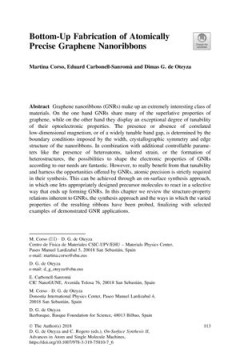
Bottom-up Fabrication Of Atomically Precise Graphene Nanoribbons
Graphene nanoribbons (GNRs) make up an extremely interesting class of materials. On the one hand GNRs share many of the superlative properties of graphene, while on the other hand they display an exceptional degree of tunability of their optoelectronic properties. The presence or absence of correlated low-dimensional magnetism, or of a widely tunable band gap, is determined by the boundary cond…
- Edition
- -
- ISBN/ISSN
- 9783319758107
- Collation
- -
- Series Title
- -
- Call Number
- -
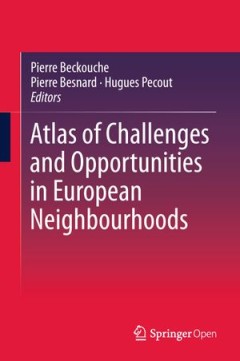
Atlas Of Challenges And Opportunities In European Neighbourhoods
Human Geography; World Regional Geography (Continents, Countries, Regions); Political Science; Economic Geography
- Edition
- -
- ISBN/ISSN
- 9783319451794
- Collation
- -
- Series Title
- -
- Call Number
- -

Aquaculture Perspective Of Multi-use Sites In The Open Ocean
marine; freshwater; offshore engineering; water policy; governance
- Edition
- -
- ISBN/ISSN
- 9783319450223
- Collation
- -
- Series Title
- -
- Call Number
- -
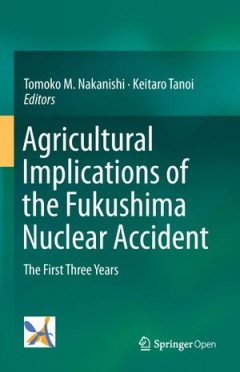
Agricultural Implications Of The Fukushima Nuclear Accident
Environmental Monitoring/Analysis; Agriculture; Plant Sciences; Ecology
- Edition
- -
- ISBN/ISSN
- 9784431558286
- Collation
- -
- Series Title
- -
- Call Number
- -
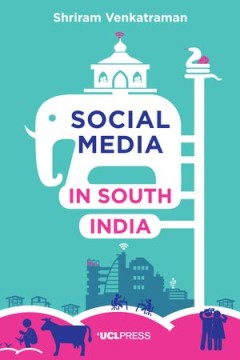
Social Media in South India
One of the first ethnographic studies to explore use of social media in the everyday lives of people in Tamil Nadu, Social Media in South India provides an understanding of this subject in a region experiencing rapid transformation. The influx of IT companies over the past decade into what was once a space dominated by agriculture has resulted in a complex juxtaposition between an evolving know…
- Edition
- -
- ISBN/ISSN
- 9781911307969
- Collation
- -
- Series Title
- -
- Call Number
- 302.23 VEN s
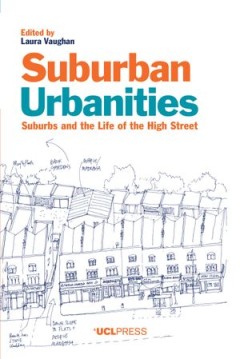
Suburban Urbanities
Suburban space has traditionally been understood as a formless remnant of physical city expansion, without a dynamic or logic of its own. Suburban Urbanities challenges this view by defining the suburb as a temporally evolving feature of urban growth. Anchored in the architectural research discipline of space syntax, this book offers a comprehensive understanding of urban change, touching on th…
- Edition
- -
- ISBN/ISSN
- 9781910634172
- Collation
- -
- Series Title
- -
- Call Number
- 301 VAU s
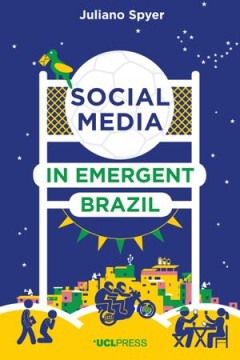
Social Media in Emergent Brazil
Since the popularisation of the internet, low-income Brazilians have received little government support to help them access it. In response, they have largely self-financed their digital migration. Internet cafés became prosperous businesses in working-class neighbourhoods and rural settlements, and, more recently, families have aspired to buy their own home computer with hire purchase agreeme…
- Edition
- -
- ISBN/ISSN
- 9781787351653
- Collation
- -
- Series Title
- -
- Call Number
- 302.23 SPY s
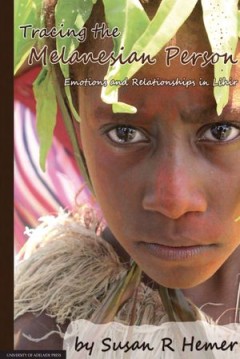
Tracing the Melanesian Person: Emotions and Relationships in Lihir
This book explores what it means to be Lihirian through an analysis of everyday life in the Lihir Islands, Papua New Guinea. Atop four volcanic islands in the Pacific Ocean east of New Ireland, Lihirians are living in a world that has rapidly changed in the last century through the work of Christian missions, government administration and the development of a large gold mine (Lihir Gold Ltd). B…
- Edition
- -
- ISBN/ISSN
- 9781922064448
- Collation
- -
- Series Title
- -
- Call Number
- 302.4 HEM t
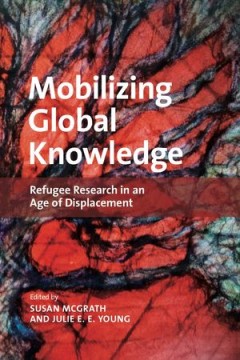
Mobilizing Global Knowledge: Refugee Research in an Age of Displacement
In 2018, the United Nations High Commission for Refugees documented a record high 71.4 million displaced people around the world. As states struggle with the costs of providing protection to so many people and popular conceptions of refugees have become increasingly politicized and sensationalized, researchers have come together to form regional and global networks dedicated to working with dis…
- Edition
- -
- ISBN/ISSN
- 9781773850863
- Collation
- -
- Series Title
- -
- Call Number
- 351.81 MOB m
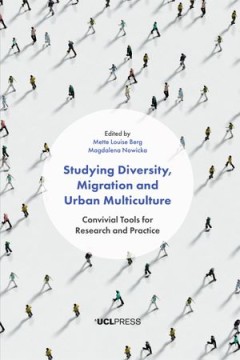
Studying Diversity, Migration and Urban Multiculture
Anti-migrant populism is on the rise across Europe, and diversity and multiculturalism are increasingly presented as threats to social cohesion. Yet diversity is also a mundane social reality in urban neighbourhoods. With this in mind, Studying Diversity, Migration and Urban Multiculture explores how we can live together with and in difference. What is needed for conviviality to emerge and what…
- Edition
- -
- ISBN/ISSN
- 9781787354784
- Collation
- -
- Series Title
- -
- Call Number
- 307.2 STU s
 Computer Science, Information & General Works
Computer Science, Information & General Works  Philosophy & Psychology
Philosophy & Psychology  Religion
Religion  Social Sciences
Social Sciences  Language
Language  Pure Science
Pure Science  Applied Sciences
Applied Sciences  Art & Recreation
Art & Recreation  Literature
Literature  History & Geography
History & Geography